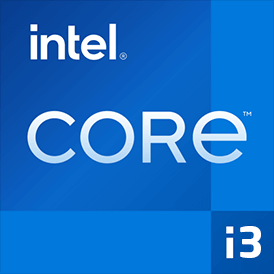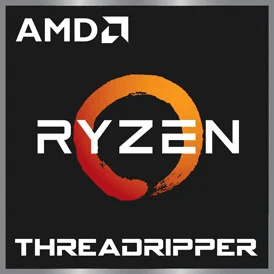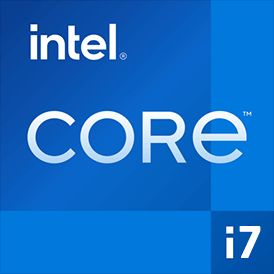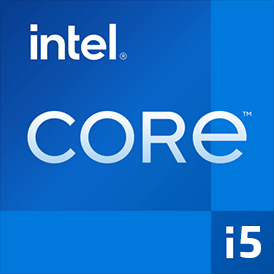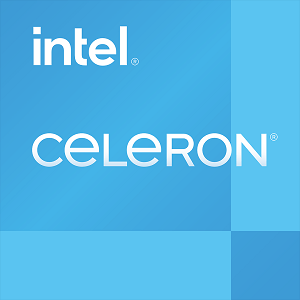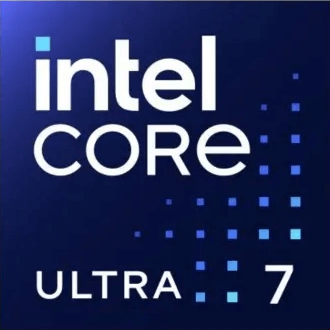Intel Core i3 8300 vs Intel Core i3 4170
We compared two desktop CPUs: Intel Core i3 8300 with 4 cores 3.7GHz and Intel Core i3 4170 with 2 cores 3.7GHz . You will find out which processor performs better in benchmark tests, key specifications, power consumption and more.
Main Differences
Intel Core i3 8300 Advantages
Released 3 years and 1 months late
Higher specification of memory (2400 vs 1600)
Larger memory bandwidth (37.5GB/s vs 25.6GB/s)
Larger L3 cache size (8MB vs 3MB)
More modern manufacturing process (14nm vs 22nm)
Intel Core i3 4170 Advantages
Lower TDP (54W vs 62W)
Score
Benchmark
Geekbench 6 Single Core
Intel Core i3 8300
477
Intel Core i3 4170
+109%
1001
Geekbench 6 Multi Core
Intel Core i3 8300
789
Intel Core i3 4170
+145%
1938
Geekbench 5 Single Core
Intel Core i3 8300
+2%
877
Intel Core i3 4170
855
Geekbench 5 Multi Core
Intel Core i3 8300
+42%
2594
Intel Core i3 4170
1823
Passmark CPU Single Core
Intel Core i3 8300
+10%
2272
Intel Core i3 4170
2056
Passmark CPU Multi Core
Intel Core i3 8300
+74%
6207
Intel Core i3 4170
3555
General Parameters
Apr 2018
Release Date
Mar 2015
Intel
Manufacturer
Intel
Desktop
Type
Desktop
x86-64
Instruction Set
x86-64
Coffee Lake
Core Architecture
Haswell
i3-8300
Processor Number
i3-4170
LGA-1151
Socket
LGA-1150
UHD Graphics 630
Integrated Graphics
HD Graphics 4400
Package
14 nm
Manufacturing Process
22 nm
62 W
Power Consumption
54 W
100 °C
Peak Operating Temperature
-
CPU Performance
4
Performance Cores
2
4
Performance Core Threads
4
3.7 GHz
Performance Core Base Frequency
3.7 GHz
4
Total Core Count
2
4
Total Thread Count
4
-
Bus Frequency
100 MHz
-
L1 Cache
64 K per core
-
L2 Cache
256 K per core
8 MB shared
L3 Cache
3 MB shared
-
Unlocked Multiplier
No
Memory Parameters
DDR4-2400
Memory Types
DDR3-1600, DDR3L-1600
64 GB
Max Memory Size
32 GB
2
Max Memory Channels
2
37.5 GB/s
Max Memory Bandwidth
25.6 GB/s
Yes
ECC Memory Support
Yes
Graphics Card Parameters
true
Integrated Graphics
true
350 MHz
GPU Base Frequency
-
1150 MHz
GPU Max Dynamic Frequency
1150 MHz
192
Shader Units
-
24
Texture Units
-
3
Raster Operation Units
-
24
Execution Units
-
15 W
Power Consumption
-
4096x2304 - 60 Hz
Max Resolution
-
0.38 TFLOPS
Graphics Performance
-
Miscellaneous
3.0
PCIe Version
3.0
16
PCIe Lanes
16
SSE4.1, SSE4.2, AVX-2
Extended Instruction Set
SSE4.1, SSE4.2, AVX-2
